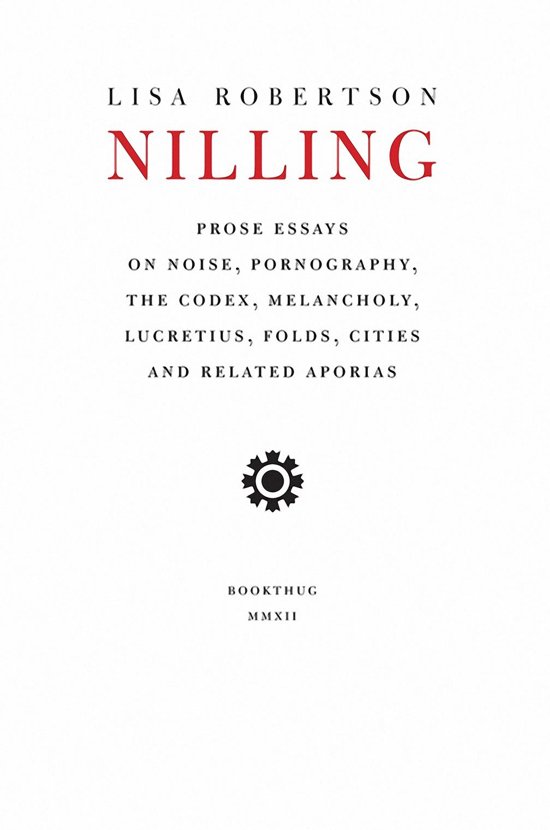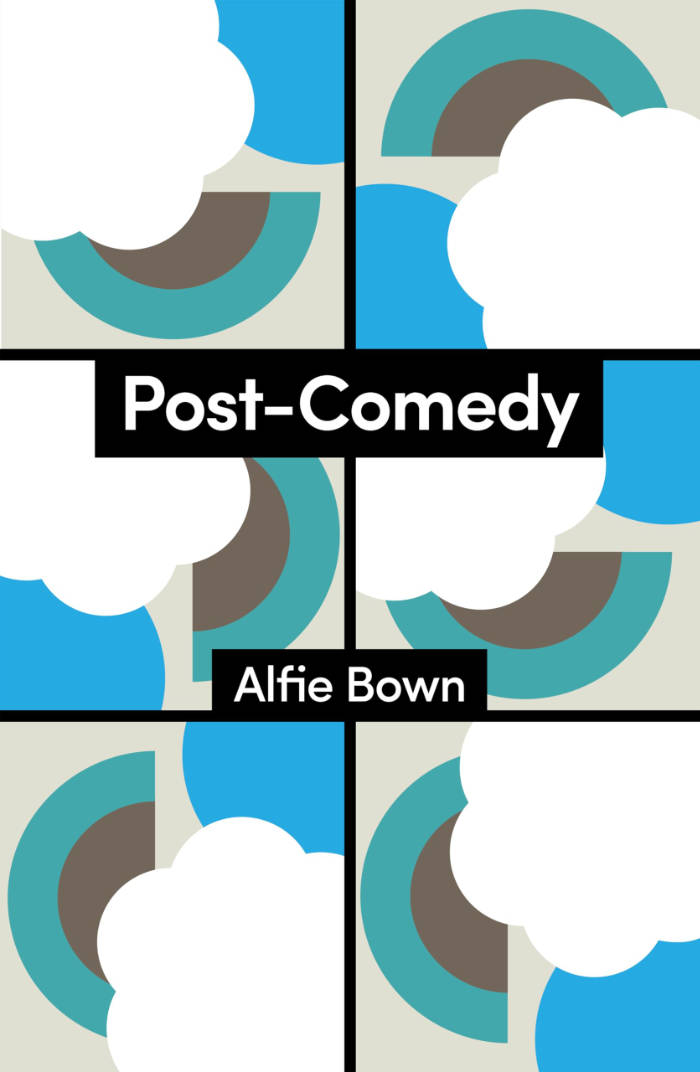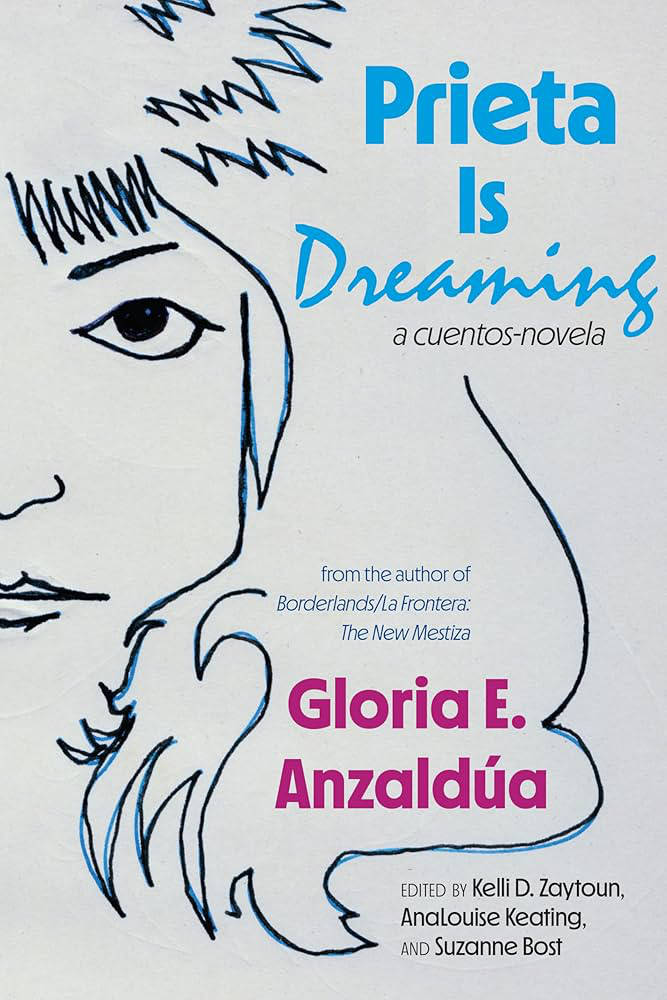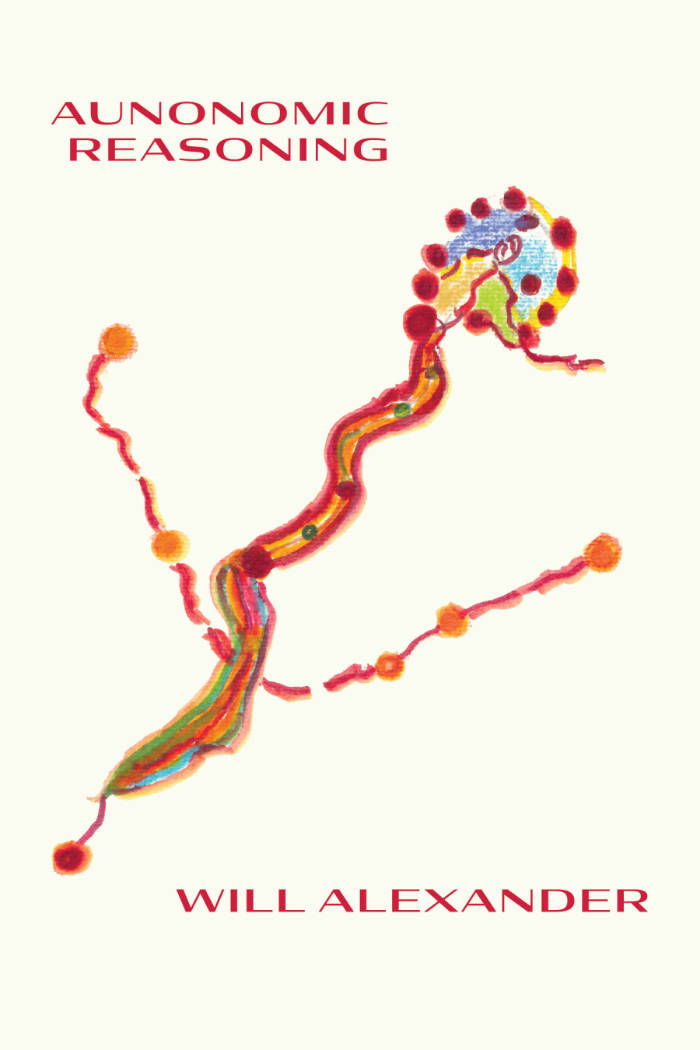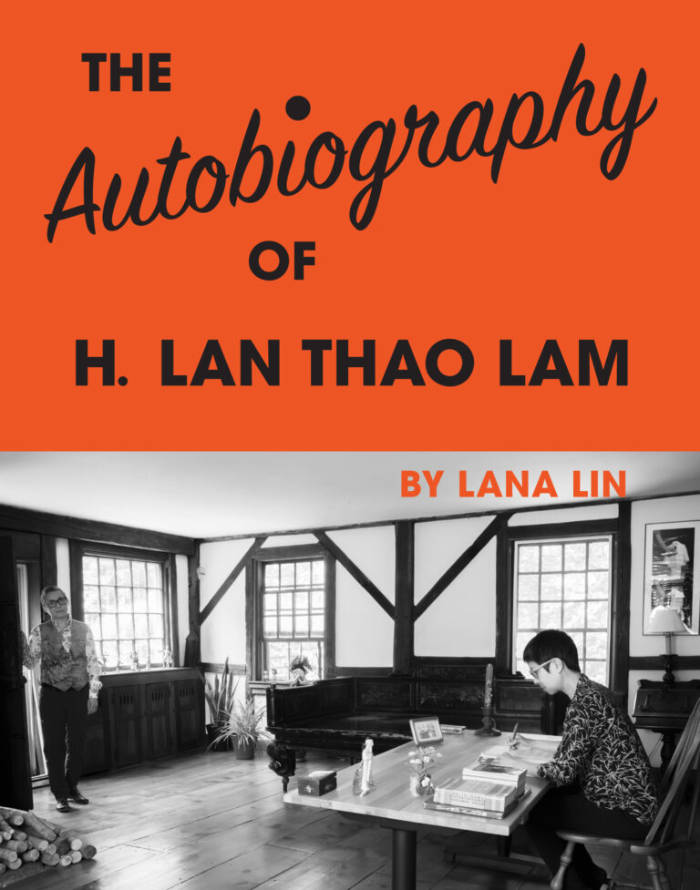A generative, genre-bending collection of nineteen intertwined stories by legendary writer, theorist, and activist Gloria E. Anzaldúa.
Best known for Borderlands/La Frontera: The New Mestiza (1987), Gloria E. Anzaldúa was also a prolific fiction writer. Prieta Is Dreaming, a speculative novel-in-stories, follows the precocious Prieta from her childhood in South Texas to college and beyond as she tries to find her way in the world. Imbued with supernatural powers, Prieta traverses time, changes form, explores her desires, and defies convention. Started in the 1970s and revised up until Anzaldúa's death in 2004, Prieta Is Dreaming comes as a revelation, affirming Anzaldúa's place at the forefront of contemporary feminist, queer, and border theory, while transforming what we think about both her writing and ourselves. In these nineteen intertwined stories, we find some of Anzaldúa's most adventurous, inspired ideas about gender, sexuality, and the very nature of existence—as well as a character, la Prieta, as bold and memorable as the book itself.
Gloria E. Anzaldúa (1942–2004) was a poet, metaphysical philosopher, and scholar of Chicana cultural theory, feminist theory, and queer theory. Her books include Borderlands/La Frontera: The New Mestiza and Light in the Dark/Luz en lo oscuro: Rewriting Identity, Spirituality, Reality. She was coeditor, with Cherríe Moraga, of This Bridge Called My Back: Writings by Radical Women of Color, the 40th anniversary edition of which was also published by SUNY Press. Kelli D. Zaytoun is Professor of English Language and Literatures at Wright State University. She is the author of Shapeshifting Subjects: Gloria Anzaldúa's Naguala and Border Arte. AnaLouise Keating is Professor of Multicultural Women's and Gender Studies at Texas Woman's University. She is the author, editor, or coeditor of many books, including most recently The Anzaldúan Theory Handbook. Suzanne Bost is Professor and Chair of the Department of English at Loyola University, Chicago. She is the author of four monographs, the most recent being Quiet Methodologies: Humility in the Humanities.


